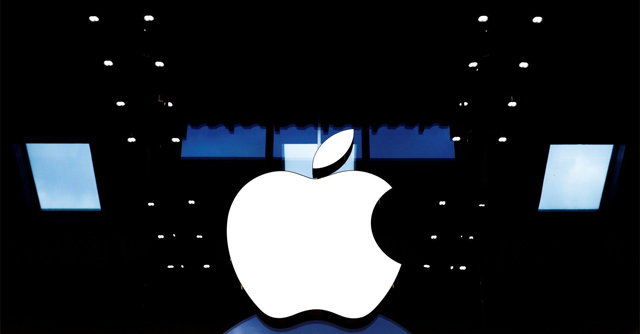
Apple’s ‘unlisted apps’ will let devs distribute apps that not everyone can download

Apple has introduced a new feature to its App Store, which is somewhat similar to its Developer Enterprise Programme. Called ‘Unlisted Apps’, the feature will essentially allow you to privately list an app on the company’s mobile application storefront, the App Store. Doing so will give the publisher a link that can be privately distributed for whoever that needs to download the app.

However, contrary to a previous tryst around privately listed apps on the App Store, the new, unlisted apps feature will be available for developers through the Apple Business Manager and Apple School Manager. The developers will first be required to submit a request to Apple, and list their apps initially as public.
Once the request is approved and the record for the app is created, the developers will get a link and the app will be listed as private, or be ‘unlisted’. This will allow the developers to subsequently distribute the app in private — to a select group of users. Apps designed for in-house usage by companies, for instance, could be ideal candidates to utilise the feature.
Apple specifies that apps requesting to be unlisted on the App Store will need to be offered in the full version, and not in beta. It’s also likely that the approval process that Apple will run for these apps will involve the company screening them for whether they comply with its privacy and security policies, which will be key to differentiating the unlisted apps from Apple’s previous move.

Apple has previously run a ‘Developer Enterprise Programme’ that somewhat delivered similar end results. The latter was used by many companies to distribute and test unlisted versions of stable app builds. However, it also led to plenty of misuse, as it seemingly helped companies bypass Apple’s App Store rules and regulations.
For instance, the Facebook ‘Onavo Protect’ controversy saw the company pay users, mostly teenagers, to download the unlisted version of the Onavo app after the latter was banned by Apple for flouting the company’s App Store data collection rules.

